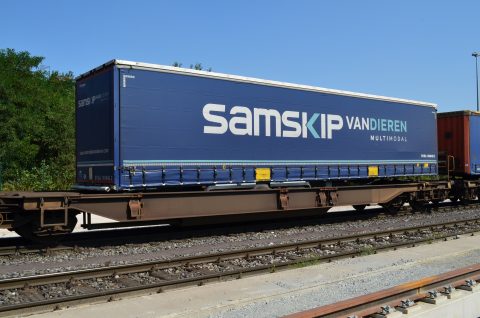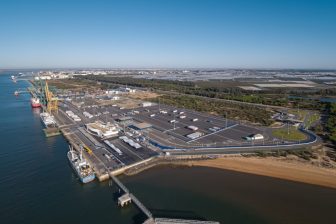
Samskip and Hector Rail resume trailer traffic through Denmark
samskip.com
Samskip Multimodal and traction partner Hector Rail successfully restarted trailer traffic through Denmark this week. On Monday 31 May, the first train departed from Duisburg in Germany to Sweden, with containers as well as trailers. Shipment of trailers through Denmark had been banned for much of this year. This is one of the first intermodal services through Denmark to resume.
Do you want to read the full article?
Thank you for visiting RailFreight.com. Become a member of RailFreight Premium and get full access to all our premium content.
Are you already a member?
Having problems logging in? Call +31(0)10 280 1000 or send an email to customerdesk@promedia.nl.





